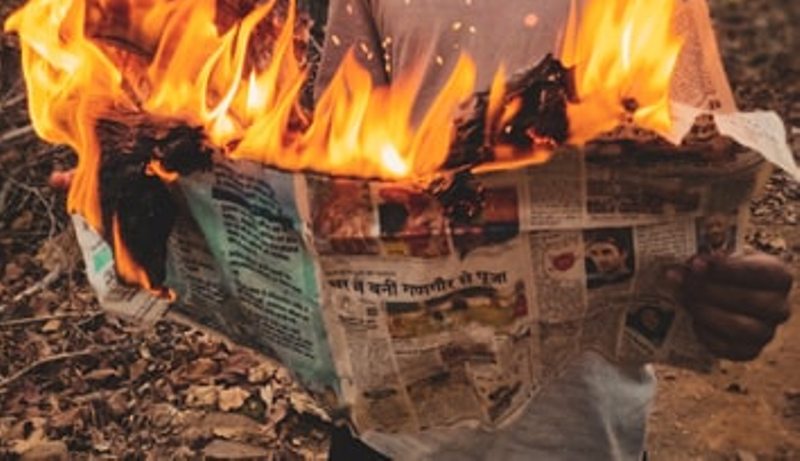 HRCP
HRCP Pakistan: HRCP voices concern over climate of fear, violence and censorship in media
Islamabad: The Human Rights Commission of Pakistan (HRCP) on Tuesday said it is gravely concerned over the growing climate of fear, violence and censorship that currently underpins freedom of expression and opinion in Pakistan.
The attack on reporter Asad Ali Toor by unidentified persons allegedly in connection with his work and the decision to take anchor Hamid Mir off the air—following his criticism of the establishment at a civil society protest—represents what has now become an entrenched pattern of unspoken censorship and violent reprisals, HRCP said in a statement.
According to a policy brief released by HRCP earlier today on the state of press freedom in Pakistan, with state and non-state actors strengthening their control over information, it has become clear that anyone challenging the preferred narrative will be punished—a sentiment that was unanimous among the journalists who took part in HRCP’s discussions for this policy brief.
The document argues strongly against the Prevention of Electronic Crimes Act (PECA) 2016—misuse of which constantly forces journalists to self-censor—and demands that PEMRA operate as an independent body, not as a government subsidiary, HRCP said.
It is also critical to ensure that media persons—especially in Balochistan and KP, where fear of investigating and reporting the truth is apparent among journalists—are protected by their employers and state institutions.
In cases where journalists have been murdered in the line of duty, FIRs must be registered, the culprits brought to justice and the victims’ families compensated.
It is also unacceptable for a profession that can carry enormous personal risk to remain largely devoid of protection mechanisms. Journalists who report from conflict areas, such as in Balochistan and parts of KP, must be provided safety and first-aid training, bulletproof jackets where necessary, and life insurance.
Additionally, media owners and management are responsible for helping ensure that the profession is made not only safer and free from harassment and abuse, but also more equitable and reliable as a means of living.
Foremost, all media personnel must be paid their salaries on time and all salary cuts reverted, HRCP said.
The jurisdiction of the Islamabad-based media tribunal must be expanded to the district level to ensure regular payment of salaries and other dues. The government must also take proactive steps to track down social media accounts involved in harassing or intimidating journalists, especially women in the profession.
Support Our Journalism
We cannot do without you.. your contribution supports unbiased journalism
IBNS is not driven by any ism- not wokeism, not racism, not skewed secularism, not hyper right-wing or left liberal ideals, nor by any hardline religious beliefs or hyper nationalism. We want to serve you good old objective news, as they are. We do not judge or preach. We let people decide for themselves. We only try to present factual and well-sourced news.







